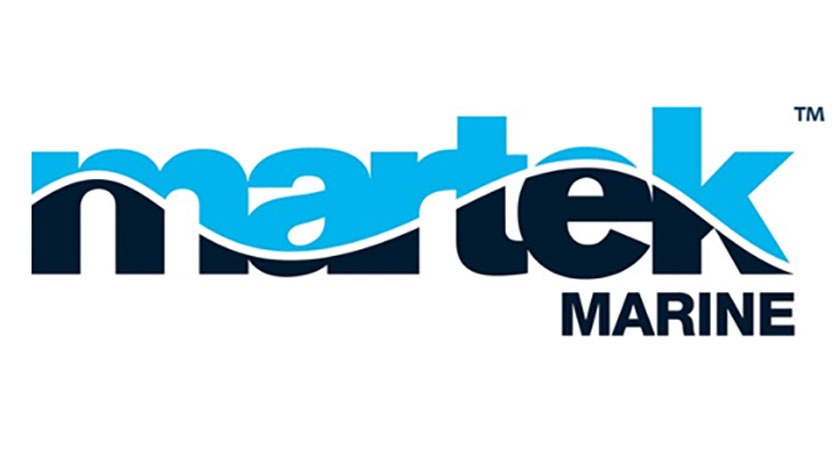Global First in Marine Telemedicine - Innovation Set to Save Lives and Money

Global maritime technology innovator Martek Marine has launched the world’s first affordable telemedicine service, an innovation which is set to revolutionize seafaring healthcare and could lead to annual industry-wide savings of up to $168m.
 At any given time, 1.5 million seafarers are operating around 55,000 merchant vessels across the globe. Of these seafarers, around seven percent each year will be evacuated from the vessel on which they are working due to ill health. The annual cost to the industry of diversions and helicopter evacuations is $760m, almost a quarter of which are ultimately unnecessary.
At any given time, 1.5 million seafarers are operating around 55,000 merchant vessels across the globe. Of these seafarers, around seven percent each year will be evacuated from the vessel on which they are working due to ill health. The annual cost to the industry of diversions and helicopter evacuations is $760m, almost a quarter of which are ultimately unnecessary.
iVital, the brainchild of the UK & Singapore based company, could save ship owners hundreds of thousands of dollars each through avoiding costly, and often ultimately unnecessary, course diversions and helicopter evacuations through the misdiagnosis of ill or injured crew members.
According to a 2013 study by the International Maritime Health Association, every year one in five seagoing ships is forced to divert due to a medical emergency, with an average cost of around $180,000 per diversion. However, further research has shown almost a quarter of these diversions could have been avoided if the ship operator had a suitable telehealth system in place, meaning the industry could stand to make savings of up to $168m.
iVital works by providing crew members with access to state of the art medical monitoring equipment on board and 24/7 access to a team of healthcare professionals on shore who have extensive experience working with the Royal Navy. Should a seafarer fall ill, or suffer an injury, other crew members use a dedicated tablet computer to immediately contact a doctor with an in-depth knowledge of delivering treatment at sea and trained to the level of an A&E consultant. The doctor is then able to assess the stricken sailor through iVital’s High Definition video call service while calling on other crew to assist in measuring the patient’s vital signs through the provided equipment, which includes a blood pressure monitor, pulse oximeter, IR forehead thermometer, an ECG monitor and a glucometer.
A combination of the visual examination, the readings received from the equipment and access to the patient’s full medical history will allow the doctor to make an informed decision as to whether the ship needs to divert and/or requires a helicopter evacuation, or whether the patient is well enough for the vessel to continue on its voyage and simply receive further treatment in the next port of call.
Along with the financial benefits, iVital also offers the potential to save lives. Just as an inexperienced crew member may incorrectly call for an unnecessary diversion, he may also fail to call for a necessary one - potentially leading to loss of life. In certain cases, prompt intervention can mean the difference between life and death.
Paul Luen, CEO of Martek Marine, said: “iVital truly is a world first for the maritime industry. While telemedicine itself has been available for vessels for some time, it has always been prohibitively expensive and this is something we’ve worked really hard to rectify. iVital packs all the punch of the higher priced options, just with a focus on the real necessities to ensure ship owners get all the crucial functionality of telemedicine at a fraction of its previous cost.
“We’re always trying to find new solutions to problems and we’re confident iVital is the innovation the maritime industry needs. Course diversions and evacuations cost the industry $760m a year and we want to ensure these only occur when necessary. The potential savings from iVital are enormous and it’s more a case of asking if ship owners can really afford not to have telemedicine on board.”
Telemedicine is a necessity in the shipping industry as merchant vessels routinely do not carry doctors on board. The Maritime Labour Convention states that all ships carrying over 100 crew members and passengers for voyages of three days or more, must have a medical doctor on-board. However, the average merchant vessel is staffed only by a crew of between 20-25 people. The Convention also states that shipping companies must “provide seafarers with medical care as nearly as possible equivalent to the care they would receive ashore”.
To find out more about iVital, visit Martek Marine’s website.

